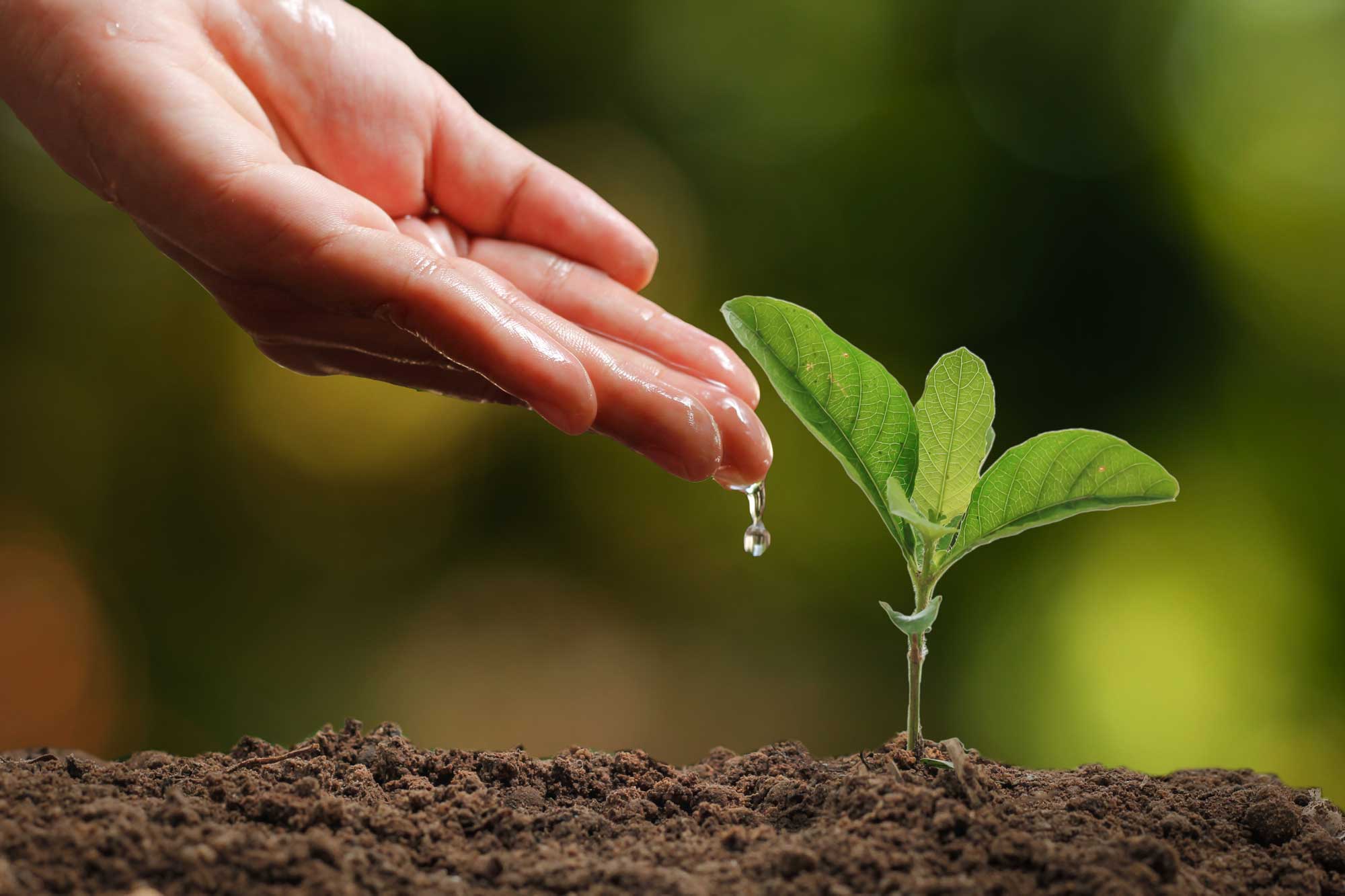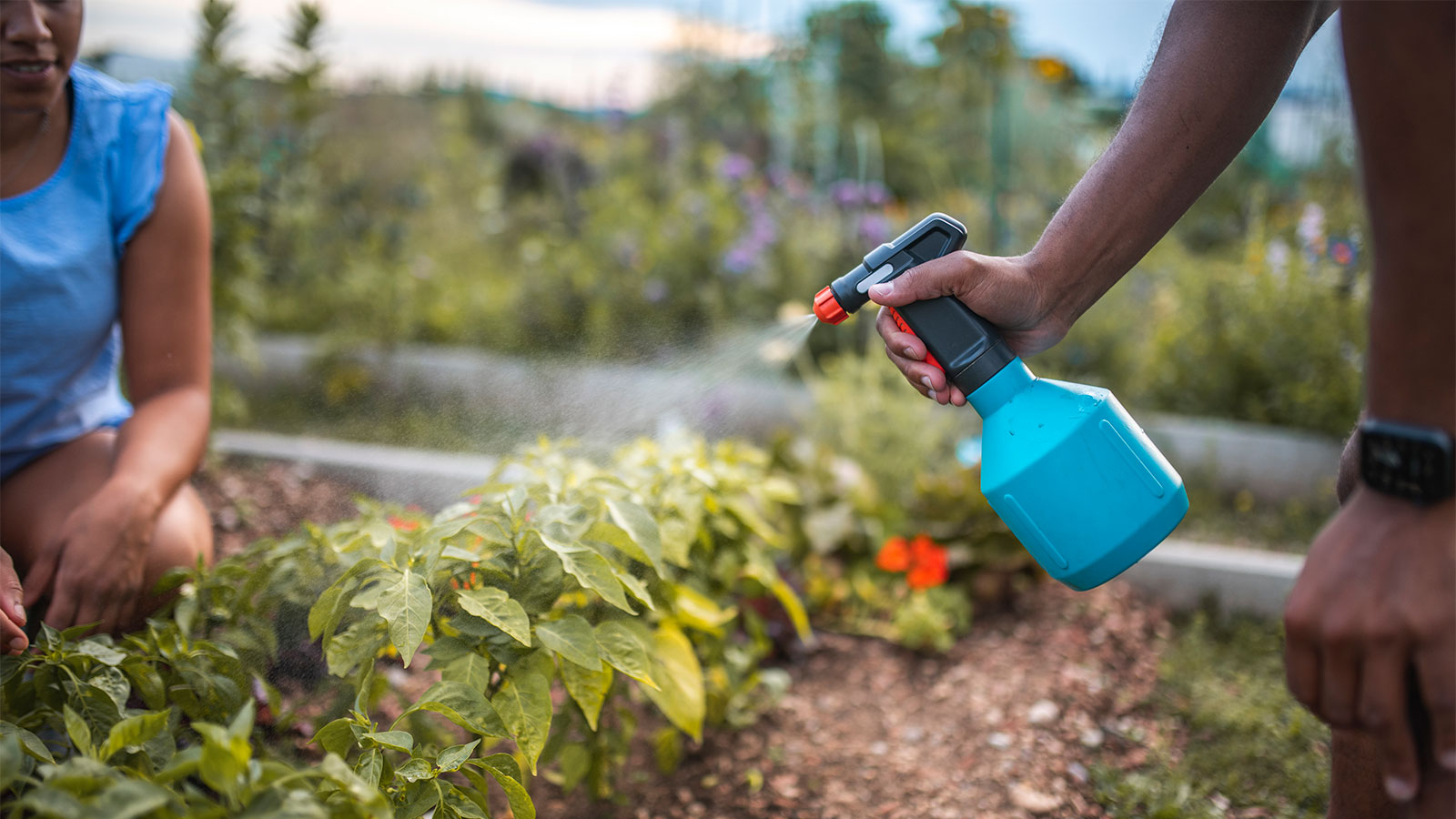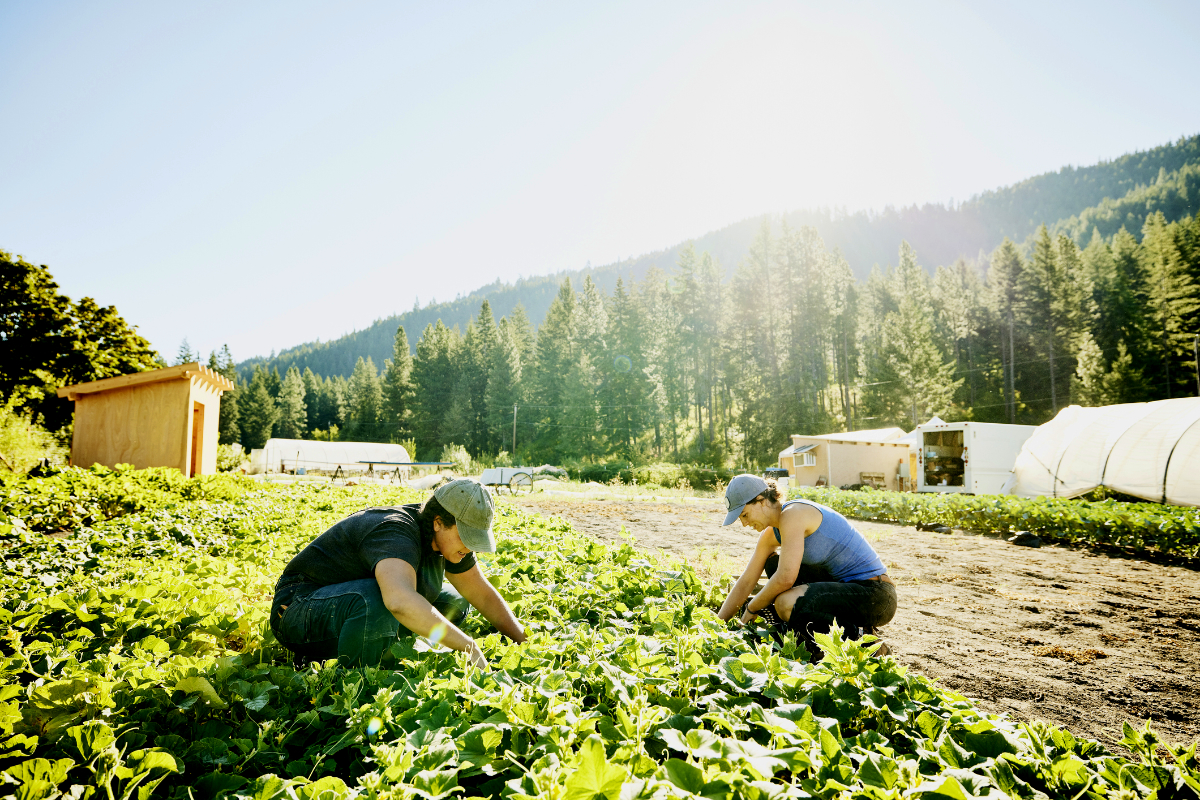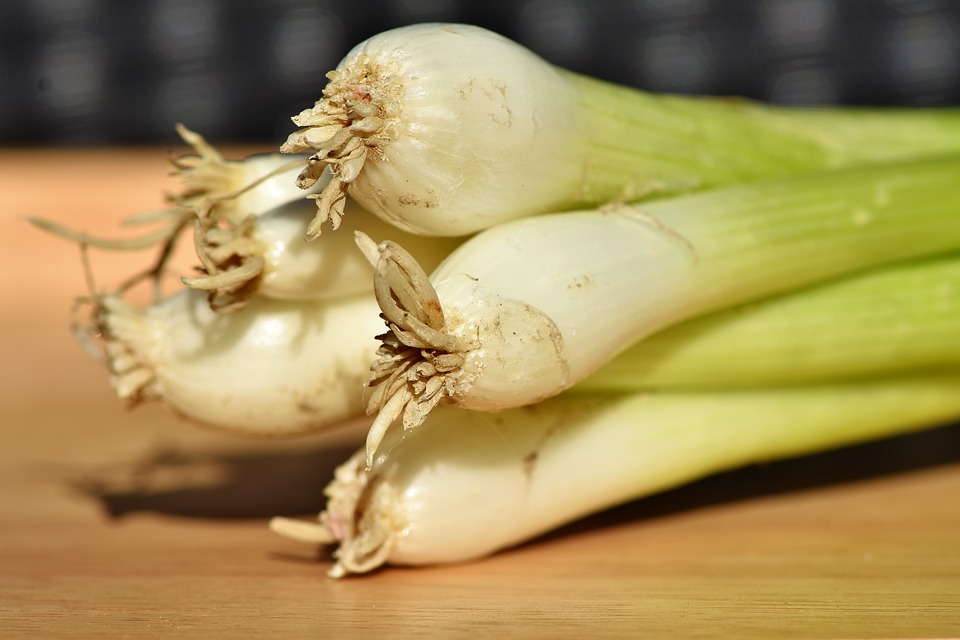Climate change’s impacts have been increasingly visible in recent years, prompting people and communities to take action to limit its impact. Individuals may make a tremendous effect in their own gardens, for example. Sustainable gardening methods not only provide attractive and vibrant landscapes, but they also help to combat climate change. Gardeners may help to create a more sustainable future by using eco-friendly practices, saving resources, and promoting biodiversity. In this post, we will look at many sustainable gardening methods and techniques that can help prevent climate change.
Water Conservation
 Water conservation is one of the most important parts of sustainable gardening. With shifting weather patterns and rising water shortages in many areas, it is critical that we use water in our gardens efficiently. Water use may be reduced by installing rainwater gathering systems, using drip irrigation, and mulching. Furthermore, choosing drought-tolerant plants that require less watering and using effective soil management practices, such as adding organic matter to promote water retention, may make a substantial contribution to water-saving efforts.
Water conservation is one of the most important parts of sustainable gardening. With shifting weather patterns and rising water shortages in many areas, it is critical that we use water in our gardens efficiently. Water use may be reduced by installing rainwater gathering systems, using drip irrigation, and mulching. Furthermore, choosing drought-tolerant plants that require less watering and using effective soil management practices, such as adding organic matter to promote water retention, may make a substantial contribution to water-saving efforts.
Organic Gardening
Organic farming is another excellent strategy to improve sustainability and prevent climate change. Organic agriculture reduces chemical runoff into water bodies and promotes a healthier ecosystem by eliminating synthetic pesticides and fertilizers. Focus instead on natural pest management measures such as companion planting, crop rotation, and attracting beneficial insects. Composting kitchen leftovers and yard trash to provide nutrient-rich soil additions is another important organic gardening method.
Biodiversity and Native Plants
 Planting native plants is critical for biodiversity conservation and the health of local ecosystems. Native plants are more adapted to their environment and require less water, fertilizer, and pesticides than imported ones. They also offer habitat and food for native creatures, contributing to a healthy and balanced ecology. You may build a resilient landscape that is more resistant to the effects of climate change by including a varied selection of native species in your garden.
Planting native plants is critical for biodiversity conservation and the health of local ecosystems. Native plants are more adapted to their environment and require less water, fertilizer, and pesticides than imported ones. They also offer habitat and food for native creatures, contributing to a healthy and balanced ecology. You may build a resilient landscape that is more resistant to the effects of climate change by including a varied selection of native species in your garden.
Carbon Sequestration
Gardens have the ability to operate as carbon sinks by actively removing CO2 from the atmosphere. Consider adding trees and shrubs into your landscape design since they play an important part in carbon sequestration. Furthermore, utilizing compost as a soil supplement improves soil health and increases carbon storage. You may help to sequester carbon in your garden by prioritizing organic matter, avoiding tilling, and implementing proper soil management.
Sustainable Materials and Practices
 Consider adopting sustainable materials and techniques when designing and maintaining your garden. For walks, fences, and garden buildings, use recycled or repurposed materials. When feasible, use energy-efficient outdoor lighting and renewable energy sources. Recycle and compost yard garbage to practice appropriate waste management. To reduce environmental effect, use sustainable gardening tools and equipment, such as manual or electric-powered tools.
Consider adopting sustainable materials and techniques when designing and maintaining your garden. For walks, fences, and garden buildings, use recycled or repurposed materials. When feasible, use energy-efficient outdoor lighting and renewable energy sources. Recycle and compost yard garbage to practice appropriate waste management. To reduce environmental effect, use sustainable gardening tools and equipment, such as manual or electric-powered tools.
Education and Community Engagement
Sustainable gardening goes beyond your own backyard. Participate in educational and community outreach activities to raise awareness and motivate others to embrace sustainable habits. Use workshops, community gatherings, or internet venues to share your expertise and experiences. Through sustainable gardening, you may make a collective contribution in addressing climate change by forming a network of like-minded individuals.
So, to sum up, sustainable gardening offers practical answers to climate change and the creation of a more resilient and environmentally friendly environment. Gardeners may help battle climate change by applying water conservation strategies, practicing organic gardening, supporting native plants and biodiversity, sequestering carbon, utilizing sustainable materials and practices, and engaging in education and community outreach. Accept sustainable gardening as a strong instrument for making a good influence and inspiring others to help construct a sustainable future for future generations. Through our gardens, we can make a difference and pave the road for a greener, more sustainable future.



